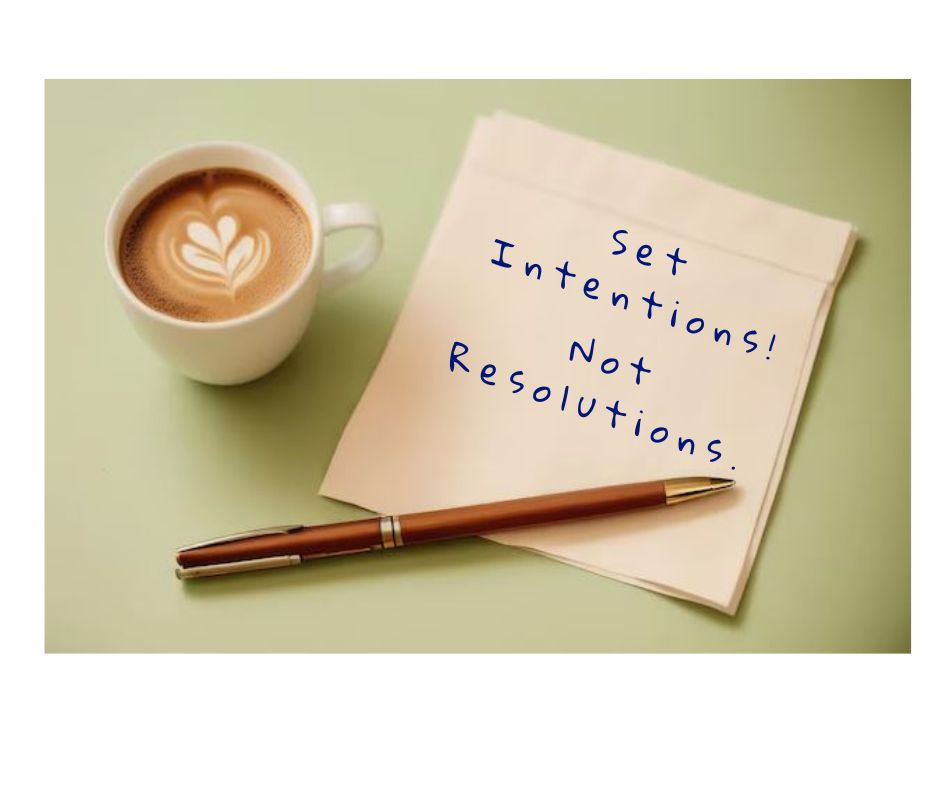Why Boundaries Are Essential to Your Self-Care
- Nicole Hasse
- May 1, 2025
- 3 min read
Updated: Jan 7

In a world that often rewards overextension and self-sacrifice, setting boundaries can feel uncomfortable—sometimes even selfish. But in truth, boundaries are one of the most profound acts of self-care we can practice. They are not about building walls to shut others out, but about creating space to preserve our energy, protect our values, and cultivate healthier relationships—with others and with ourselves.
What Are Boundaries, Really?
Boundaries are the invisible lines that define what is acceptable and unacceptable in our interactions with others. They can be physical (like needing personal space), emotional (not taking responsibility for others’ feelings), mental (declining to engage in certain topics), or time-based (saying no to commitments that overwhelm you). At their core, boundaries help us clarify where we end and others begin.
The Self-Care Connection
Self-care isn't just about bubble baths and journaling—it's about recognizing your own needs and honoring them. Boundaries are a framework for this recognition. Without them, we often find ourselves depleted, resentful, or disconnected from our own sense of identity. Here’s why boundaries are indispensable to authentic self-care:
1. They Protect Your Energy
You only have so much to give. When you say “yes” to every request, you might be saying “no” to your own rest, creativity, or mental health. Boundaries help you allocate your time and energy intentionally, ensuring that you're not constantly running on empty.
2. They Clarify Your Values
Setting boundaries forces you to ask: What matters most to me? What am I willing—and not willing—to compromise on? This clarity deepens your self-awareness and makes it easier to make aligned choices, which is the foundation of sustainable self-care.
3. They Improve Relationships
Healthy boundaries aren’t barriers—they’re bridges. They foster mutual respect, prevent resentment, and create more honest communication. When you express your limits clearly, others can trust that you are showing up from a place of authenticity, not obligation.
4. They Cultivate Self-Respect
Every time you honor a boundary, you reinforce the message that your needs and well-being are valid. This builds confidence and self-trust, key components of emotional resilience.
5. They Prevent Burnout
One of the clearest signs of poor boundaries is burnout. If you constantly feel drained, overwhelmed, or emotionally numb, your inner alarm is going off. Boundaries are a way to course-correct before things spiral out of control.
How to Begin Setting Boundaries
Start small: Practice saying no to minor requests that don’t align with your priorities.
Communicate clearly: Use “I” statements and express your needs directly, without apologizing.
Expect discomfort: It’s normal to feel guilty or afraid when you start setting limits, especially if you’re not used to it. Stick with it.
Be consistent: Boundaries are less about one-time declarations and more about ongoing practice.
Honor others’ boundaries: The more you respect the boundaries of others, the more space you create for mutual understanding.
Final Thoughts
Boundaries are not a luxury; they are a necessity. They are the quiet, powerful way we advocate for our own well-being every day. If you’ve been feeling stretched too thin, emotionally reactive, or chronically exhausted, it might not be that you need to do more—but rather that you need to start saying no, to protect the sacred space of your own life.
After all, self-care is not about escaping your life—it’s about building one that you don’t feel the need to escape from. And boundaries are the blueprint.
Want to learn more or need help setting boundaries for yourself? I’m here. Feel free to reach out for a no-pressure, free consultation.



Comments